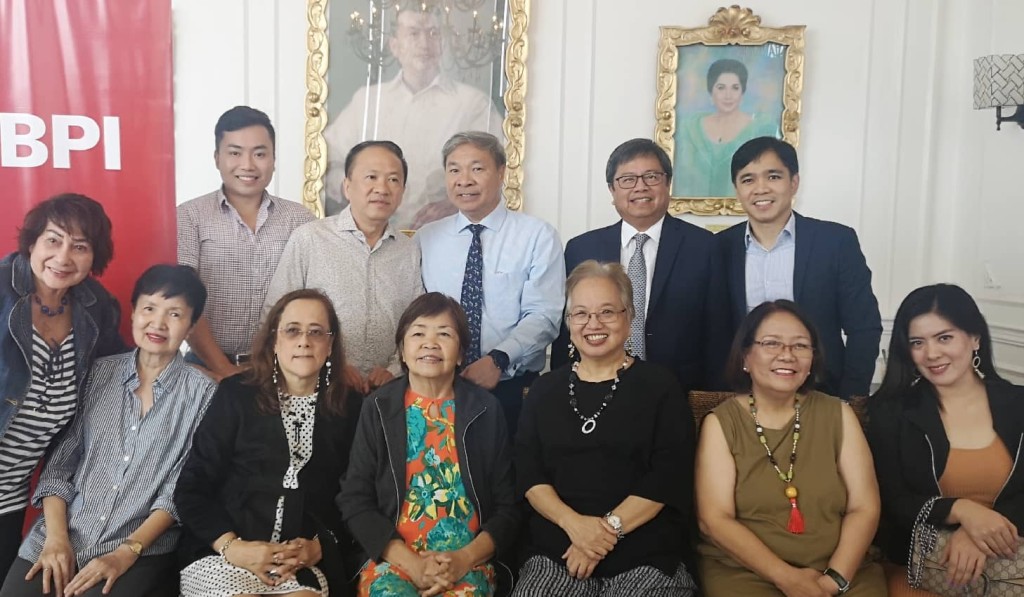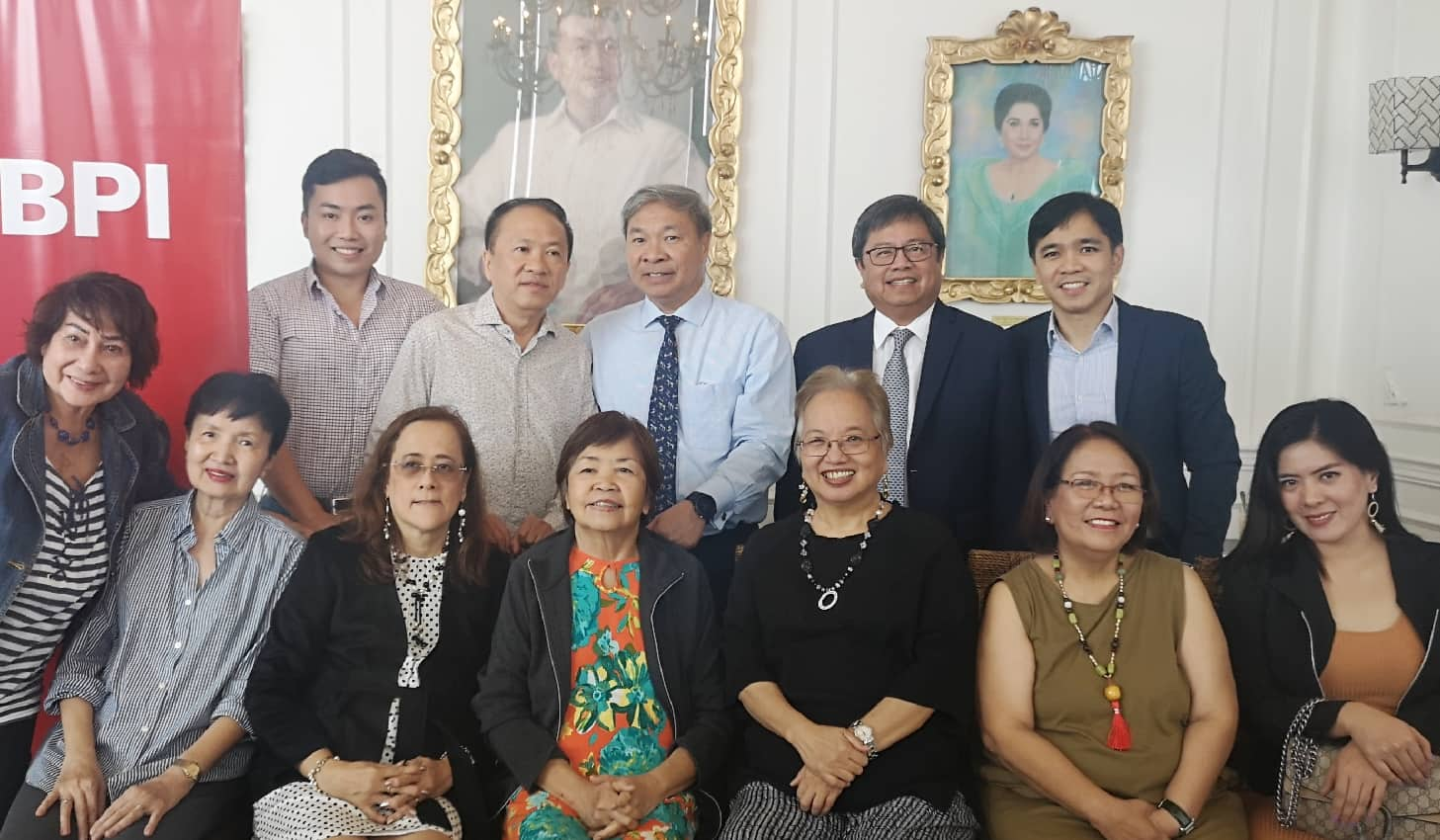By JOSE PAOLO DELA CRUZ
Did you know that the Bank of the Philippine Islands (BPI) has a cyber security division that catches around 300 fraudulent attempts on a daily basis? That was one of the many revelations that added flavor to an informative lunch with the bank’s president and CEO Cezar P. Consing and COO Ramon Jocson.
Over Filipino fare at XO 46 Bistro Heritage Café in S Maison, the two esteemed bankers talked about BPI’s digital transformation, and how it has recently rolled out 41,000 changes in its systems for safer, faster and more effective transactions. “We may be a 168 year-old bank, but we’re very much still a teenager,” said Consing, referring to the bank’s constant evolution, especially in the face of such rapid technological advances.

With his BPI Mobile Banking App at hand, Jocson demonstrated how a number of transactions – from bank transfers to balance inquiries to foreign exchange – can now be completed with a touch of a button. Addressing the recent online uproar regarding some bank charges for its mobile transactions, the gentleman also noted that it was a way for the bank to encourage its customers to start using QR codes for faster, more efficient transactions. And it’s free, too.

As for its fraud division, which really sent the questions flying, BPI assures that it’s working nonstop to battle these elements. In fact, security measures such as the inclusion of an EMV chip (which allows one card to carry up to 10 accounts), have been rolled out in the past couple of years.
He also gave sage advise on who to trust – or more importantly, not trust – with your credit card details. “Banks will never ask you to divulge your pin number or passwords over the phone,” he reminded, should you receive such callers that would coax you to do so. He also advised the public to be wary of deals that offer items such as Spotify or Netflix subscriptions at a much cheaper rate, for some malicious parties actually use these to bait some unsuspecting customers.

With the growth in digital transactions though, one question remains: what happens to the actual branches? To this, Jocson said: “High tech, high touch.”
This means that actual bank branches are being shaped to play a more active role in advising clients, instead of merely processing simpler tasks such as deposits, payments and the like.
BPI, which deals with more than half a billion monetary transactions on a daily basis, also noted that all these changes are being rolled out for one good reason.
“Filipinos deserve more,” says Consing. “Digitalization will make financial inclusion truly sustainable. It will allow us to serve a much greater proportion of the population. We will touch every aspect of the banks operations, both back-end and front-end, to enable us to become the most inclusive of banks.”
And while mistakes might happen every once in a while –bankers are humans, after all – Consing and Jocson assure that, just as always, such mistakes are always remedied and that nobody ever ends up losing their money at BPI.





